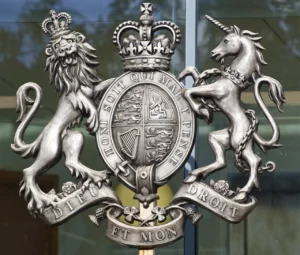Hezbollah has announced that a second senior commander, Ahmed Wahbi, was killed in Friday’s Israeli airstrike on Beirut’s southern suburbs. This revelation follows the group’s earlier confirmation of the death of top military commander Ibrahim Aqil in the same attack, dealing a significant blow to the militant group’s leadership.

Wahbi, who oversaw military operations for Hezbollah’s elite Radwan special forces during the Gaza war earlier this year, was seen as a critical figure within the group. The Israeli Defense Forces (IDF) claimed responsibility for the “precise raid” targeting the Beirut area.
Ibrahim Aqil, another key Hezbollah commander killed in the strike, had long been on the US radar, with a $7 million bounty on his head. Aqil was allegedly involved in orchestrating the 1983 bombings of the US embassy and Marine barracks in Beirut, which killed hundreds of Americans.
The Palestinian militant group Hamas condemned the killing of Aqil and Wahbi, calling it a “crime” and warning that Israel would “pay the price” for the attack.
In a related development, the United Nations human rights chief, Volker Turk, has raised concerns about the growing use of weaponized electronic devices in Lebanon. Following two incidents earlier this week that left 37 dead and over 3,400 injured, Turk called for an independent investigation to ensure international humanitarian laws were upheld, especially in distinguishing between civilians and combatants.
Lebanon’s Foreign Minister, Abdallah Bou Habib, addressed the UN Security Council, warning that if action is not taken to “end the war on all fronts,” there could be dire consequences. He urged the council to intervene “swiftly and decisively to silence the drums of war.
Israel’s UN envoy, Danny Danon, responded by accusing Lebanon of enabling Hezbollah’s operations. He urged the council to recognize the group as a “terrorist organisation” that sows destruction within Lebanese borders.
As tensions escalate in the region, international observers continue to closely monitor the situation, warning of broader conflicts in the already fragile Middle East.


































